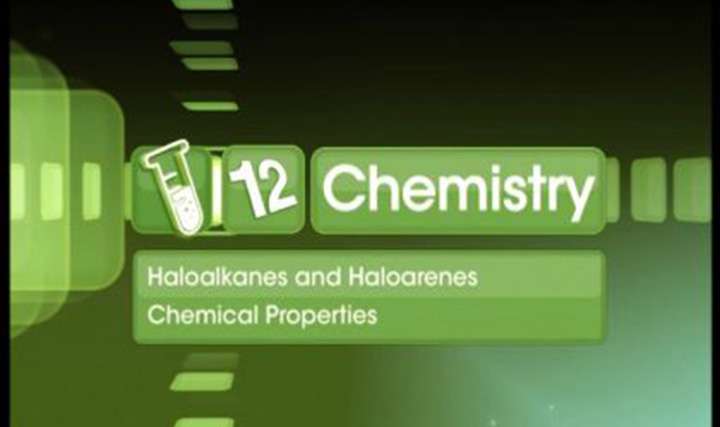There s no such resonance in propylchloride.
Why vinyl chloride is less reactive than ethyl chloride.
In case of vinylchloride the lone pair of electrons on chlorine are in resonance with the double bond and hence gets a double bond character between carbon and chlorine.
Vinyl chloride is the chloride which is attached to the double bonded carbon so it forms resonace and gets partical double bond and get higest ionization enthalpy where as the ethyl chrolide doesnot have the property of resonance.
Therefore vinyl chloride less reactive than ethyl chloride.
Allyl chloride is more reactive than vinyl chloride because in vinyl chloride lone pair of chlorine are in resonance so chlorine will not get removed easily while in case of allyl chloride resonance is not present.
As sp2 hybridized carbon is more electronegative then sp3 hybridized.
On the other hand in ethyl chloride carbon chlorine bond is a single bond only.
Why is chlopropyl chloride less reactive than cyclopentyl chloride towards s n 1 reaction.
Ncert dc pandey sunil batra hc verma pradeep errorless.
As a result there is partial double bond character in the c cl and its bonds strength increases.
Ch3 ch2 is more stable.
Vinyl chloride is less reactive than ethyl chloride towards towards nucleophyllic substituiton because of double bond character and sp2 hybridisation in case of vinyl chloride which results in strengthening of bond and hence nucleophile s attack cannot result in substituiton.
In vinyl chloride cl is linked with sp2 hybridized carbon whereas in allyl chloride cl is linked with the sp3 hybridized carbon as sp2 hybridized carbon is more electronegative then sp3 hybridized cl can more easily attract the bonded electrons from sp3 carbon and therefore is more reactive.
Ncert ncert exemplar ncert fingertips errorless vol 1 errorless vol 2.
Ncert p bahadur iit jee previous year narendra awasthi ms chauhan.
Answered by ramandeep 2nd jan 2020 01 27.
In vinyl chloride h 2 c hc cl the electron pair on the chlorine atom conjugates with the pi electron pairs of the double bond.
Cl can more easily attract the bonded electrons from sp3 carbon and therefore is more reactive.
Consequently it becomes difficult to cleave c cl bond as compared to the ethyl chloride where no such conjugation is possible.

